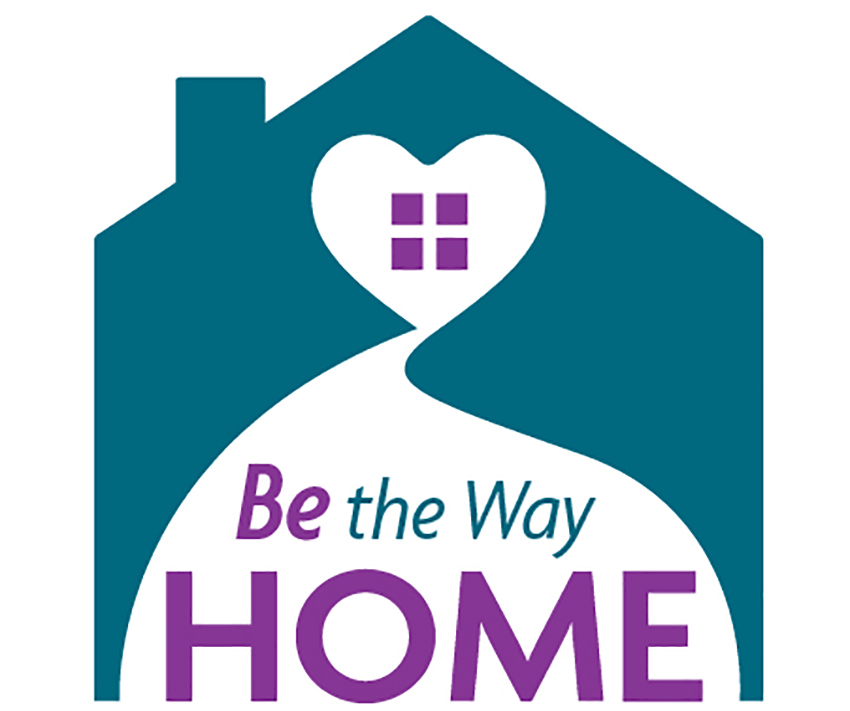As a caregiver, one of your main responsibilities is to manage the health needs of the child or youth in your care. From routine health exams to sickness and injury, there are rules you must follow. We’re here to help you understand what your responsibilities are.
Immediate health needs
You must schedule certain appointments immediately after a child or youth is placed in your care. Appointments include a well-child exam and an initial dental exam.
For more information, read what to do immediately after placement or review your placement agreement.
Routine health needs
You are responsible for meeting the child or youth’s routine health needs.
Appointments
You must schedule and take the child or youth to routine appointments, including:
- Well child doctor visits
- Dental exams and cleanings
- Eye exams (as needed)
If the child or youth’s doctor recommends other types of treatment, let your caseworker know before you schedule an appointment. This includes:
- Counseling
- Therapy (behavioral, physical, occupational, speech, etc.)
Basic health and hygiene needs
You must make sure the child or youth has basic items to meet their health and hygiene needs. Provide (as needed):
- Diapers and wipes
- Pull ups and absorbent underwear
- Period products
- Bras and binders
- Sexual health products (contraception, STI/STD prevention)
- Dental braces and retainers
- Glasses
- Hair and skin care products appropriate to the child or youth’s hair and skin types
You should also help them use these items as needed.
Note
Ask the child or youth’s caseworker before changing the child’s hairstyle.
Medicines
You must properly store and give medicines (as needed).
Make sure to give the child or youth:
- Prescription medicine, only as directed by a doctor
- Over-the-counter medicine, as needed, following instructions on the label
Talk to the child or youth’s doctor before regularly using any over-the-counter medicine.
For rules about how to properly store medicines in your home, go to the section “Access to medicine” on this page.
Note
Do not use medicine to manage a child or youth’s behavior unless directed by a doctor. This includes the use of Benadryl, Nyquil, or melatonin for sleep or calming.
Caseworker approval
If there are any changes to the child or youth’s routine health or medicine needs, you must notify their caseworker.
This includes:
- New prescription medicines
- Changes in prescription medicines or dosing
- New treatment plans or procedures recommended by a doctor
- Non-western or alternative medicines or procedures you’d like to try (e.g. acupuncture, herbs, etc.)
Consenting to care
Ages 18 and up
Youth ages 18 and up will consent to their own medical care, unless you have legal authority to consent for them due to their cognitive needs.
Ages 17 and under
For children and youth 17 and under, you are responsible for consenting to health care, including:
- Routine medical, dental, and vision care
- Diagnosis or treatment of an illness or injury
- Emergency medical treatment
- Emergency mental health treatment
Note
If the child or youth is in the custody of tribal court, collaborate with the tribal worker to ensure culturally appropriate medical care. Ask their caseworker for more information.
In certain cases, children and youth must consent to their own medical care. This includes:
- Mental health care (ages 13 and up)
- STD testing and care (ages 14 and up)
- Reproductive care and abortion (all ages)
- Substance use care (all ages)
- Consultations related to gender identity (all ages)
Note
We recognize that families have different beliefs about what is age appropriate. However, the age requirements listed here are required by state law.
Caseworker approval
For certain medical services, you must first get permission from the child or youth’s caseworker. These services are not emergencies, but go beyond routine check-ups.
Some examples include:
- Surgeries that require anesthesia, such as removal of tonsils, ear tube insertion, or removal of wisdom teeth
- Psychiatric medicines for children under age 13, or those who are not able to give their own consent
Note
Your caseworker will need to get approval for these services from the child or youth's family of origin (or from the court). It can take time to go through these steps. We recommend you talk to the caseworker as soon as you know the child or youth needs one of these services.
Access to medicine
You are responsible for properly storing medicines. Proper storage can vary based on many factors, including the child or youth’s age, behavior, and development. Proper storage may also change over time based on changes to their age, behavior, or development.
Limited access
In some cases, you may need to limit access to medicines. DCYF can give you a lock box if you need it.
You might need to limit access to:
- Prescription medicines
- Over-the-counter medicines
- Vitamins or herbal remedies
- Pet medicines
Full access
Children or youth may take their own medicine if one of the following is true:
- They’re in extended foster care
- They have written approval by both their doctor and caseworker
They must have full access to lifesaving medicines they need and can use safely, including:
- Inhalers
- Insulin
- EpiPens (epinephrine autoinjector)
- Naloxone (Narcan)
They should be the only children or youth in the household who have access to these medications.
Questions
Managing a child or youth’s health can be overwhelming. If you have questions or are ever in doubt, contact their caseworker.
Related content
Read the regulations
For more information read the Washington Administrative Codes (WACs) related to these topics:
- WAC 110-149-0120: Meeting the basic and specific needs of children and youth
- WAC 110-149-0170: Medical consent
- WAC 110-149-0180: Medication administration and accessibility
- WAC 110-149-0190: Storing medications, substances, toxic products, firearms, and other weapons

